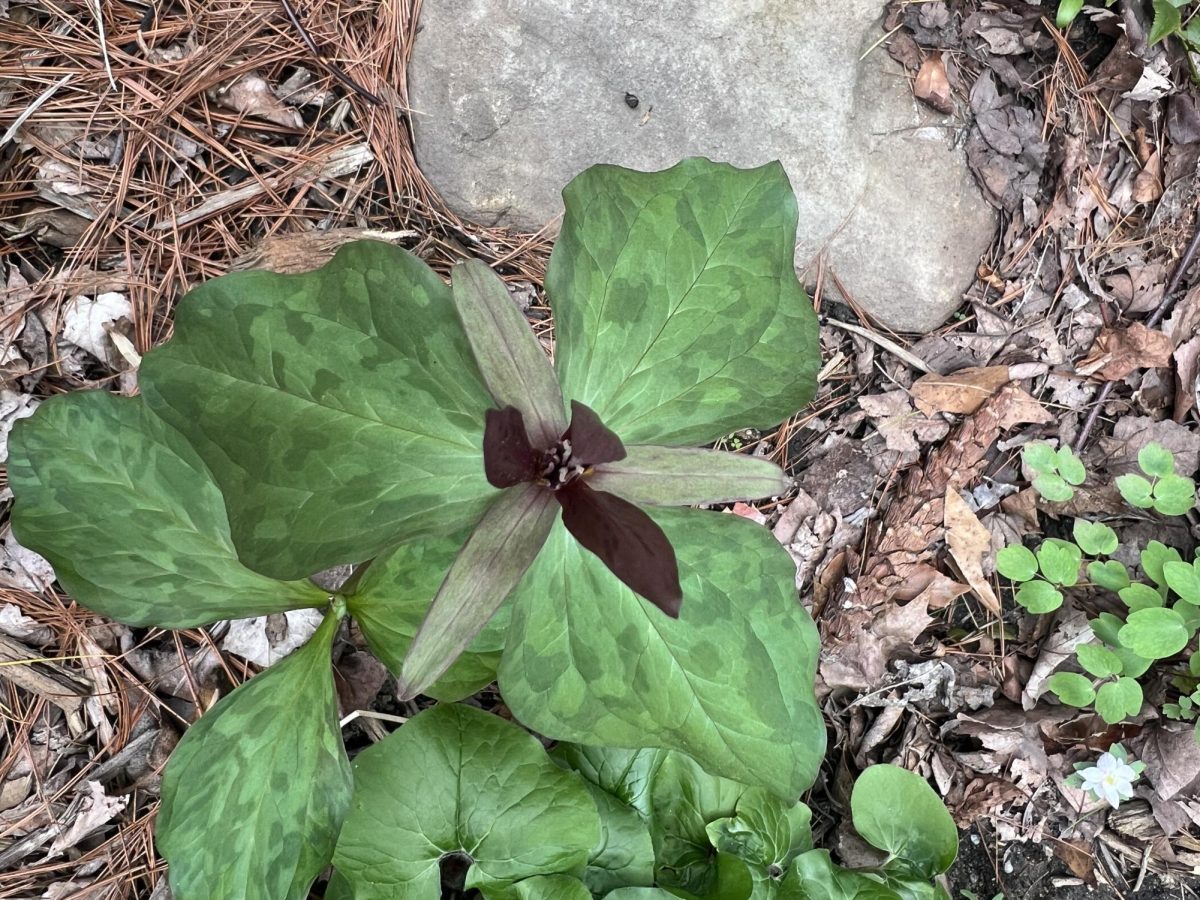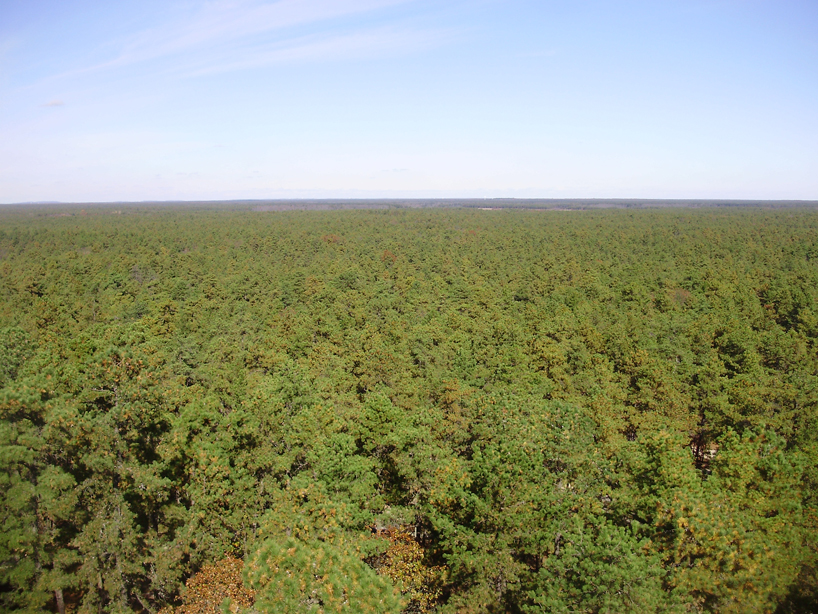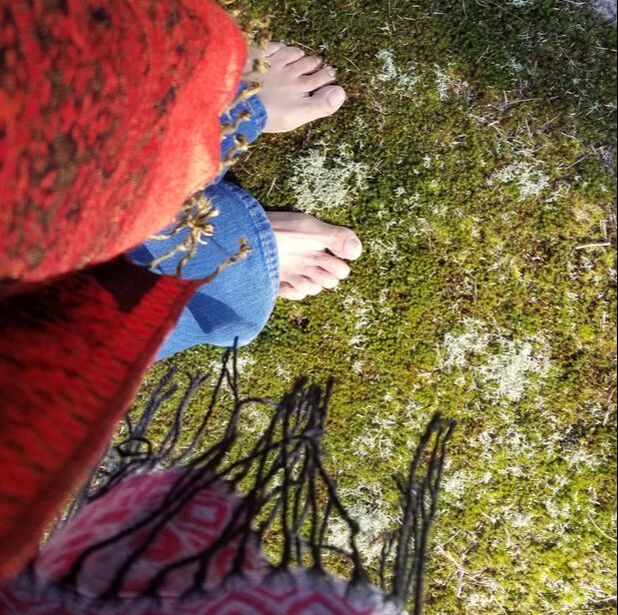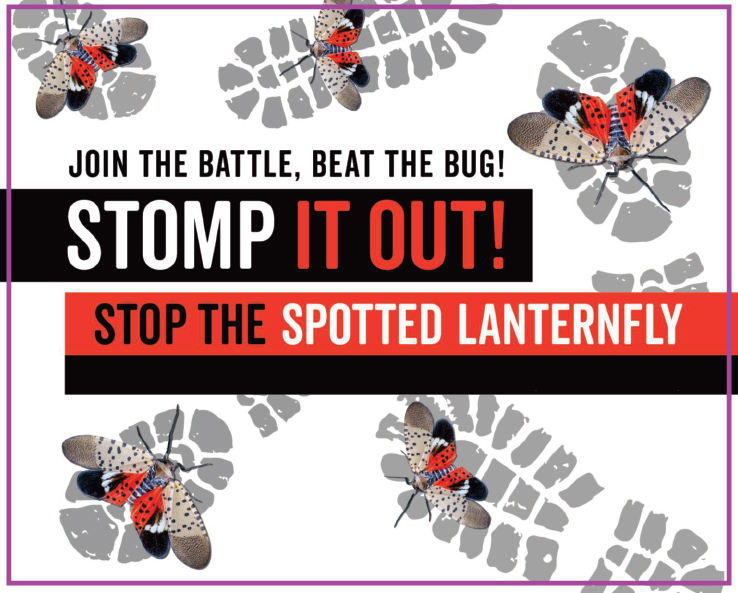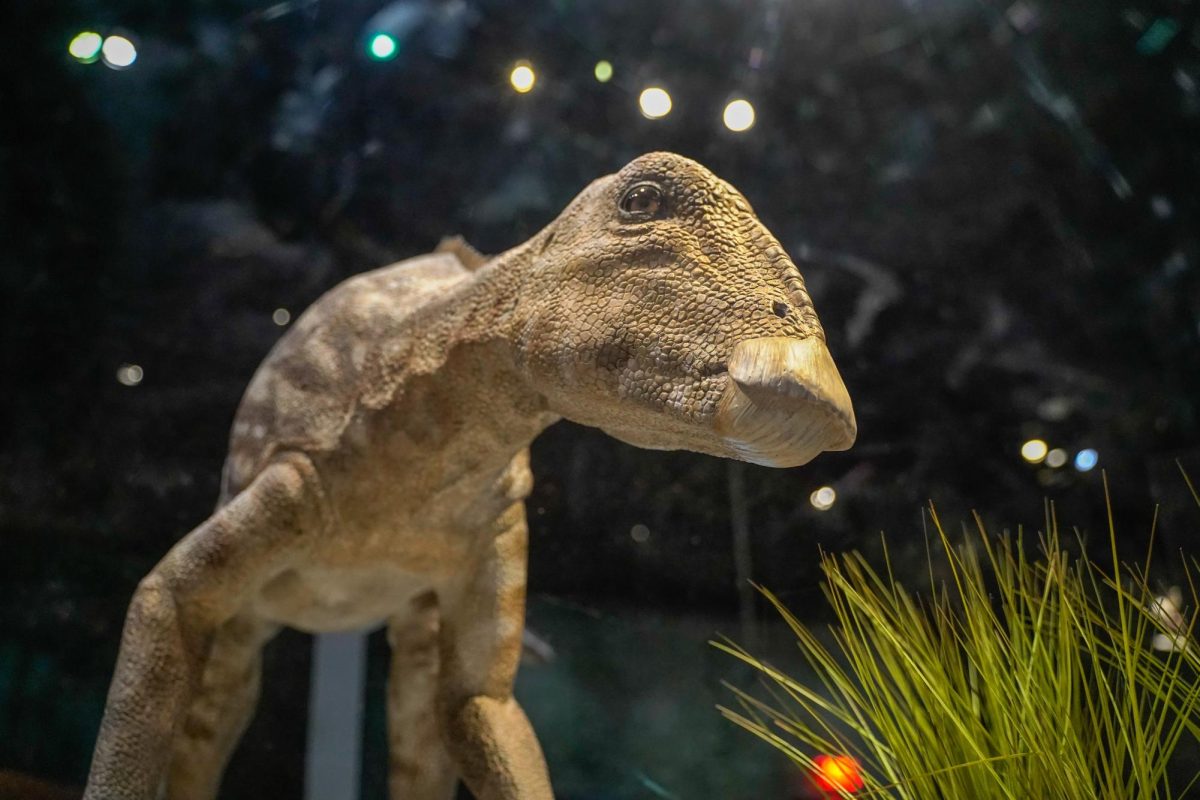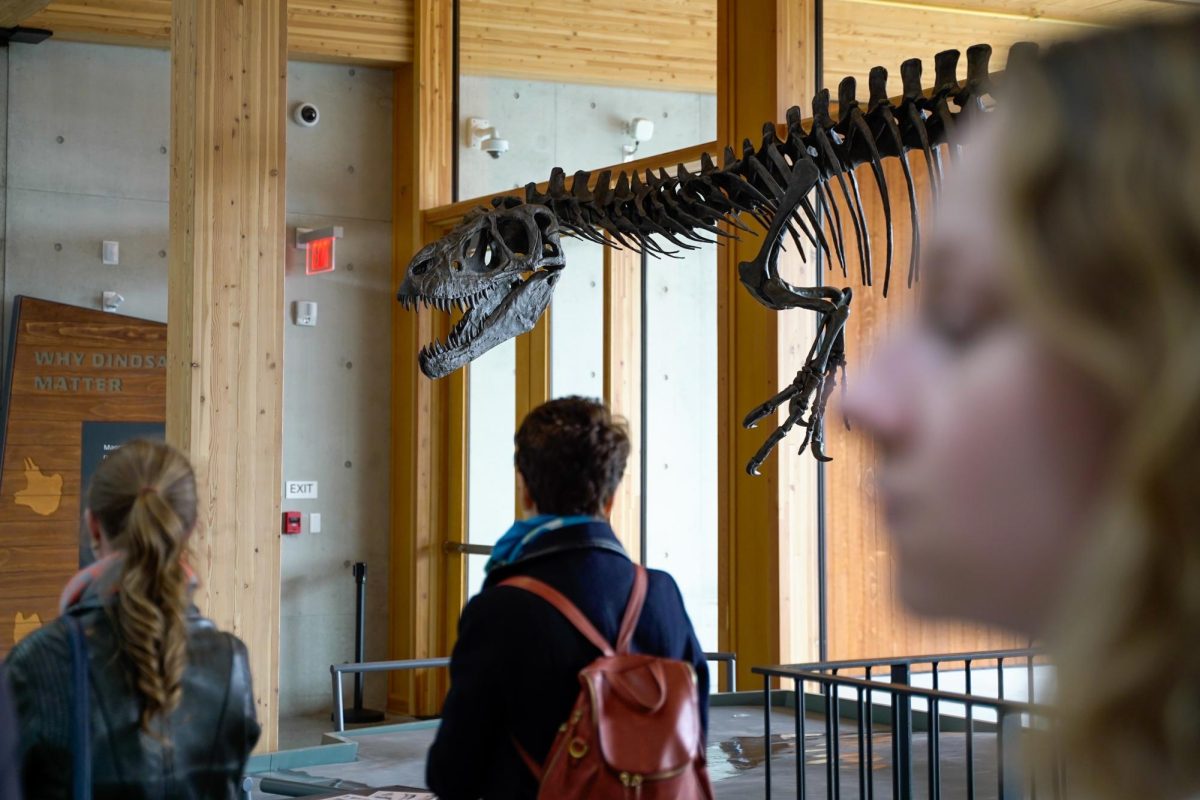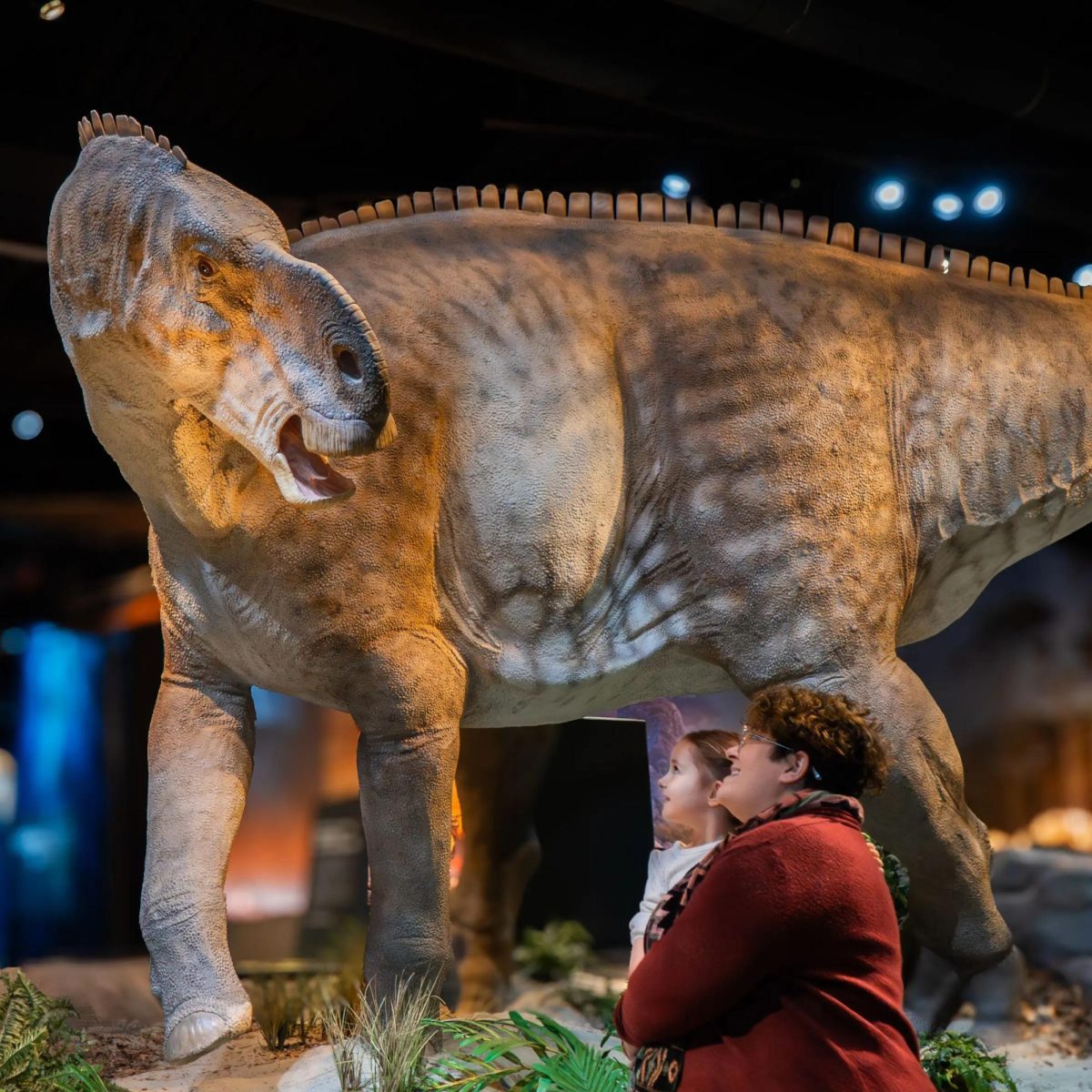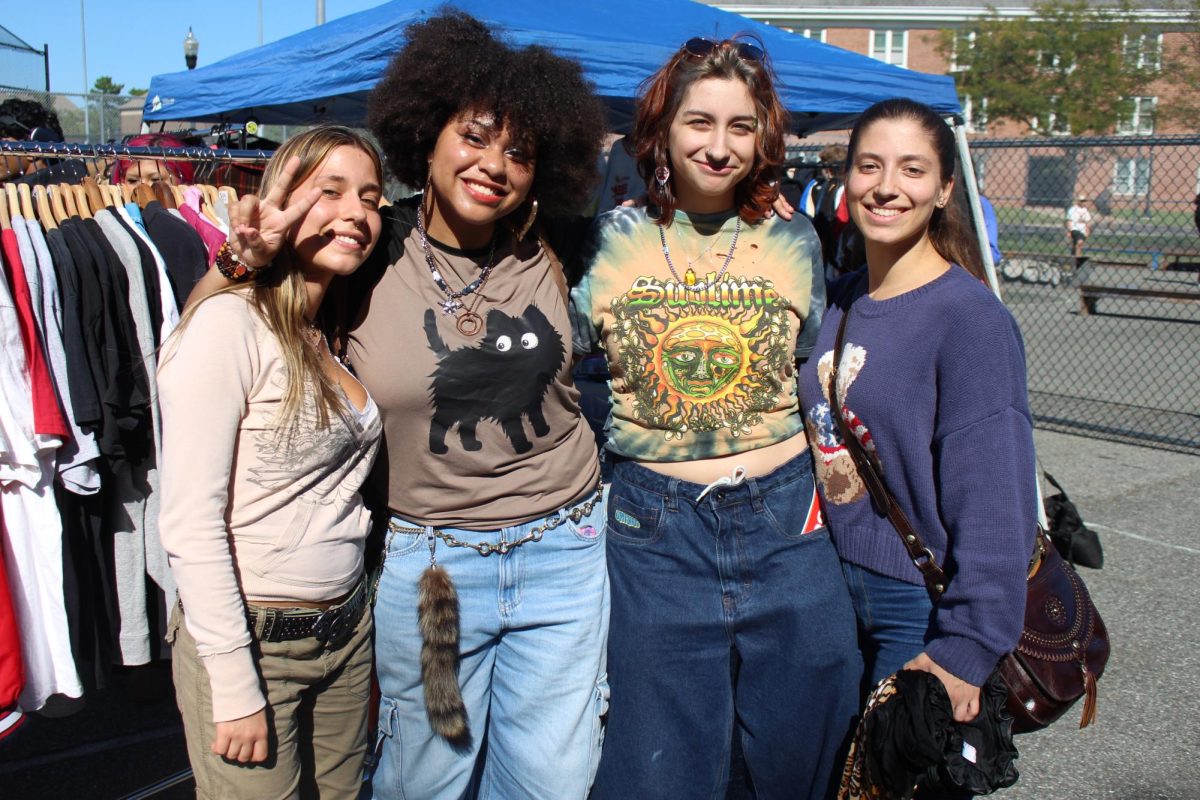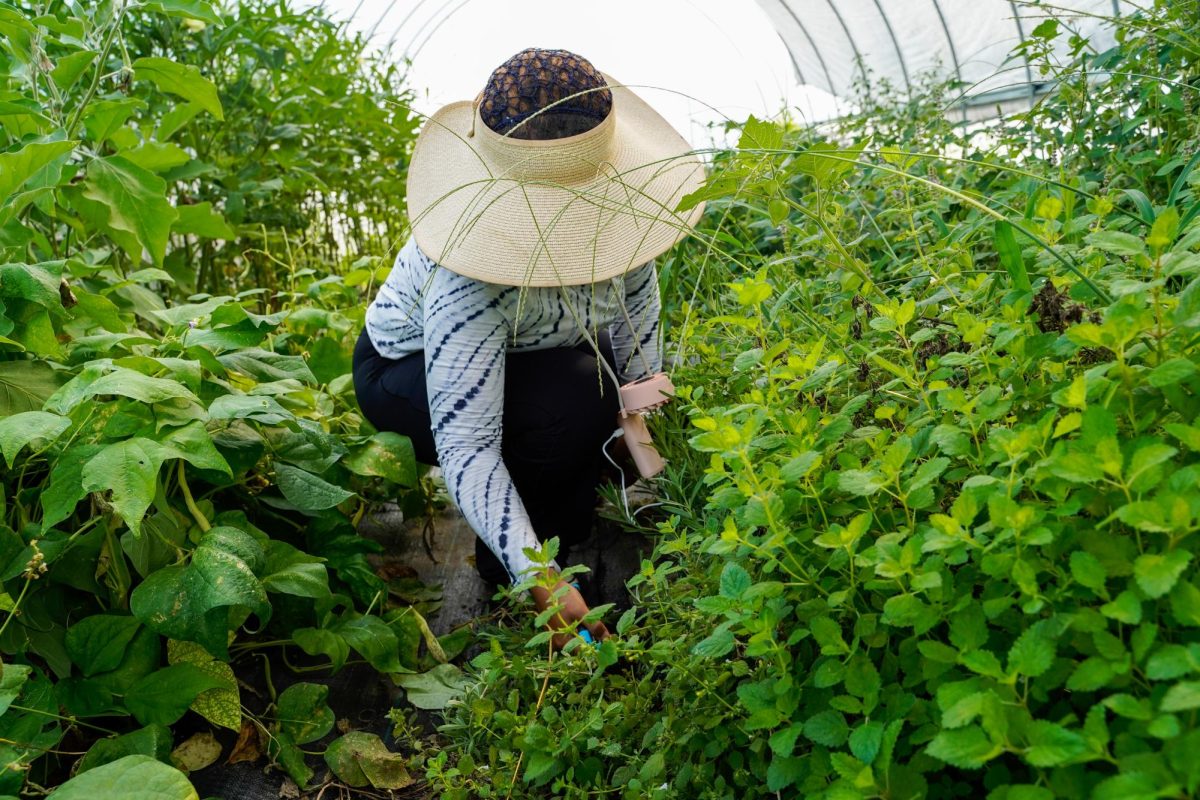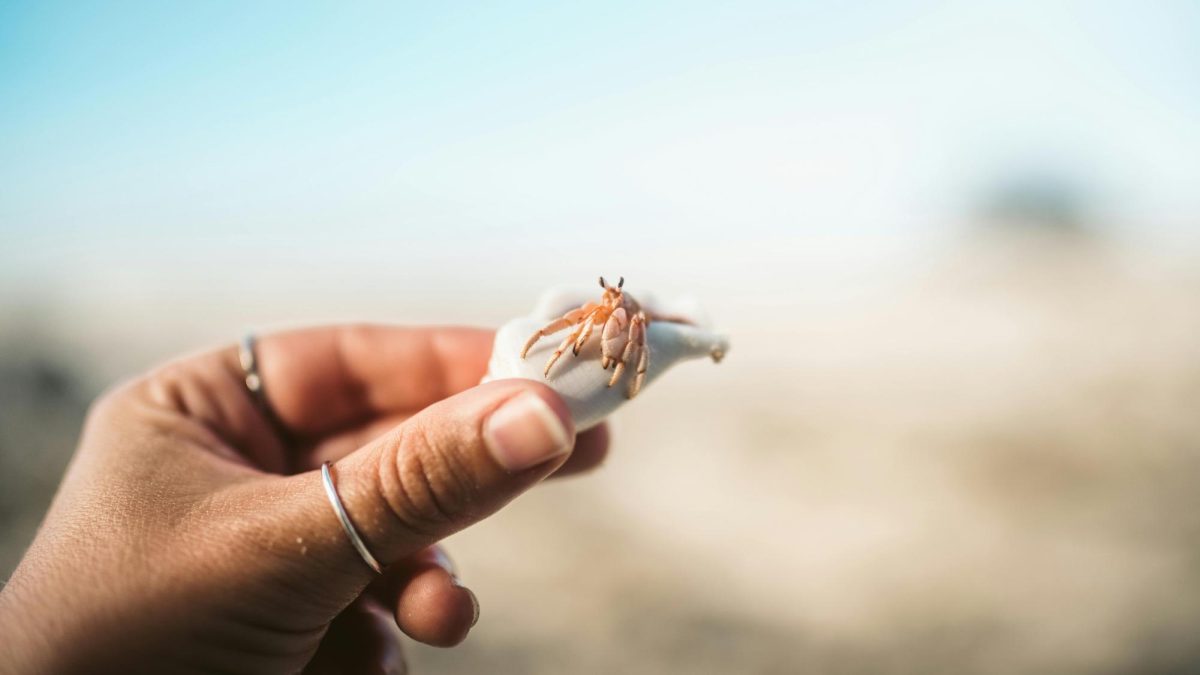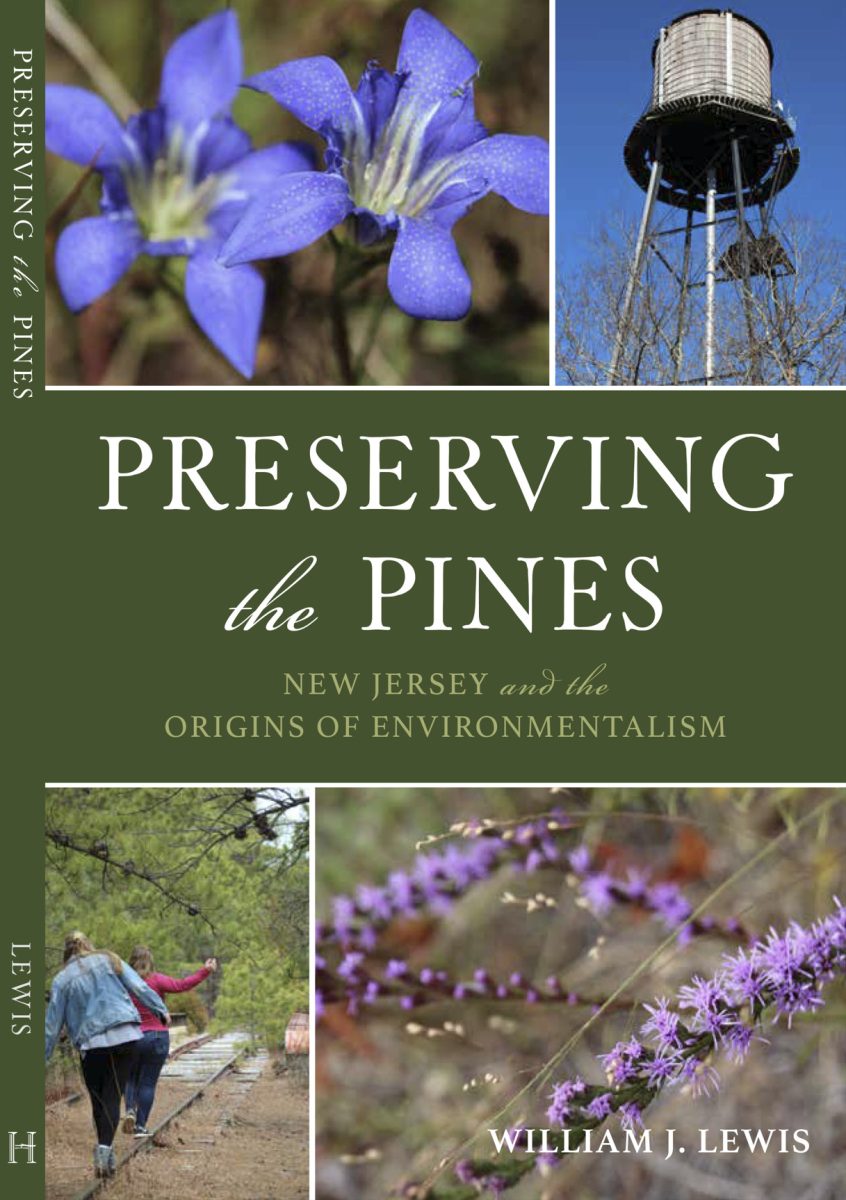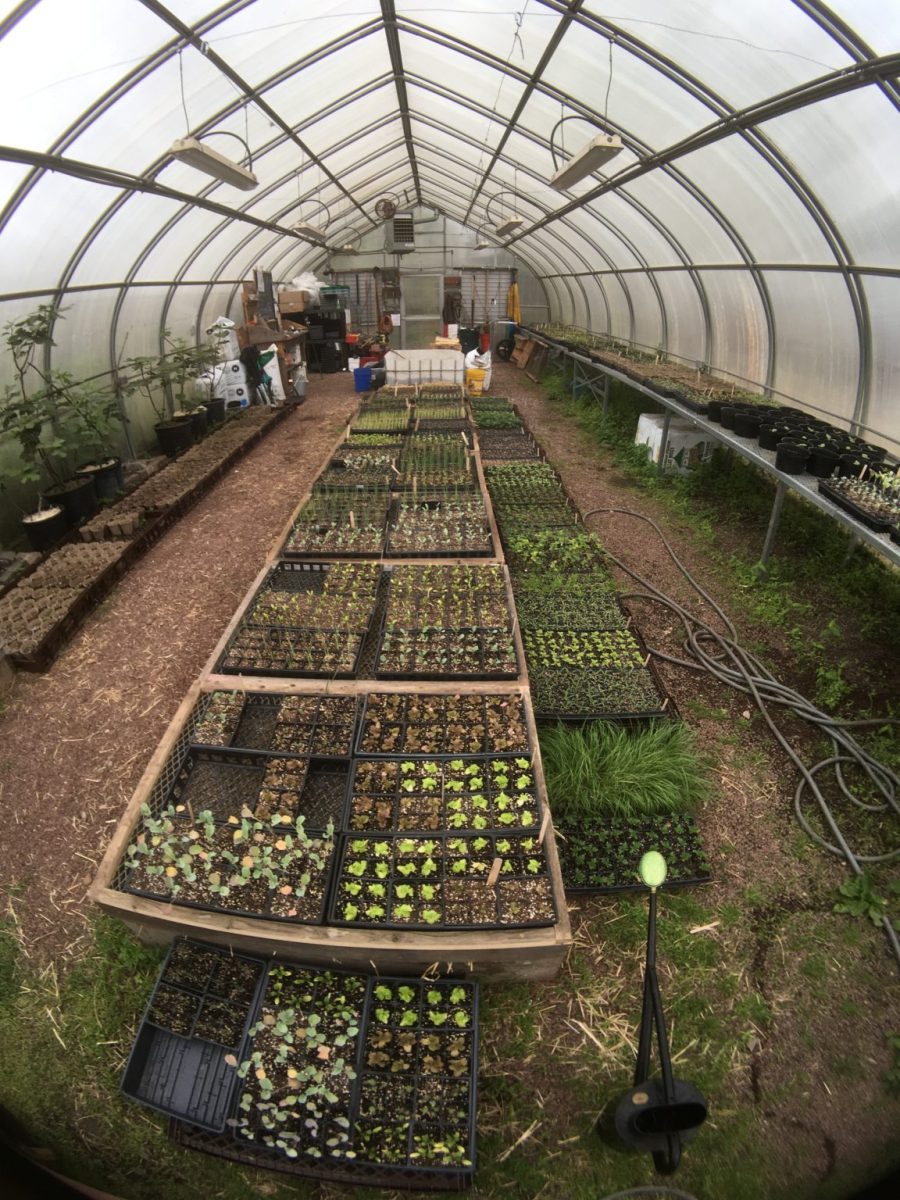Trillium is a species of plant known for its vibrant and elegant beauty – identified by their three petals and three leaves – but also for their distinct variety of fragrances.
Trillium is also listed as an endangered plant by the U.S. Fish & Wildlife Service.
The species, which is native to North America, is threatened by human development, deer overpopulation and by invasive plants – and is an indicator of the biodiversity.
That is why two professors at Rowan University, Jen Kitson and Donna Sweigart, have created a series of exhibits and experiences to educate others on the importance of native plant life, as well as highlighting the sense of smell.
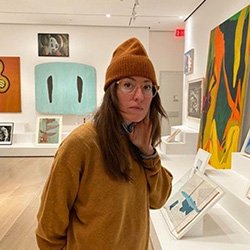
Kitson is an urban and cultural geographer, who has a particular interest in aesthetic experience (senses and emotions) within human-environment relationships. She currently teaches a “Scents of Plants” class at the university as well.
Sweigart, is an associate professor of art and design, as well as being head of the metals/jewelry/CAD area of the department. Her research and projects run broad, from 3D modeled and functional object installation to body adornment and fashion. She also has a fondness for native plants.

Through native plants, Kitson’s and Sweigart’s work challenges visitors to view the natural world differently and to find beauty in not just what can be seen with one’s eyes, but experienced through a range of senses.
“Our goal here is to create not only visual trillium but also the scent of trillium, for people to experience both the scent and taste of native plants, and to make them more aware of these endangered native plants as well,” said Sweigart.
And through deeper understanding, they hope to inspire a deeper sense of action.
“Something that we find to be hopeful in engaging with fragrant native plants is the ability to create change, from something as simple as supporting local nurseries that cultivate native plants to saving the seeds and planting them yourself,” said Kitson.
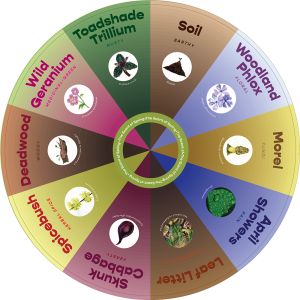
At the Philadelphia Flower Show in 2022, Kitson and Sweigard developed a smell mapping project in collaboration with the Monell Science Center, an independent research institution for chemo-sensing (smell and taste). They provided visitors with “smell fans,” which not only helped to cool the visitors during their stroll, but also functioned as field guide. This encouraged visitors to learn more about the plants, as well as to explore and have a positive, interactive smell experience.
Last year, the professors were able to plant trillium outside of Westby Hall at Rowan University and create a smell garden. It is one of the only public places to experience trillium in South Jersey. And it draws attention to biodiversity, ecological landscape practices and sustainable horticultural industry.
The “Scentennial” Trail is a fragrant native plant trail with a selection of 24 plants across 10 different botanical fragrance categories that were all in access of accessible pedestrian paths on Rowan campus. Keeping in theme with inclusivity and accessibility is also the Westby smell garden, which also features on the map.
“We created a map and guide for people to smell, compare, and contrast the new words we were introducing to help them describe their smell experience as well as record their own observations,” said Kitson.
Human smell memory is most formative at early stages of development. Our sense of smell is also directly linked to the limbic system in the brain, which is the center of emotions and memory.
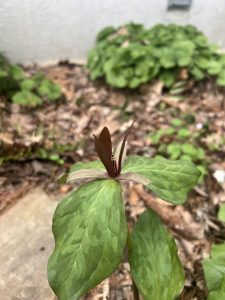
This means that if younger children can become exposed to the smell of native fragrant plants, that is something they will be able to carry with them throughout their lifetime. Which can, potentially, lead to new generations gaining a special sense of stewardship of care towards native plant life.
In turn, smell may be the way for us to further engage with our environment in ways our generation might never have before.
The two are also collaborating on a current exhibit called “Fragrant Spring,” at the Arts and Innovation Center the the Rowan College of South Jersey in Millville that “explores the role of scent of people, plants, and pollinators through sensual engagements with botanical fragrance and art objects” that runs through May 28th, 2024.
“If you become a trillium enthusiast, and you’re invested in seeing this plant thrive in South Jersey, it’s those very actions that you can take to conserve trillium,” said Kitson. “Meaning that you will contribute to ecological landscape management, which in turn, is an adaptive strategy to cope and mitigate a small amount of carbon footprint that contributes to climate change.”

